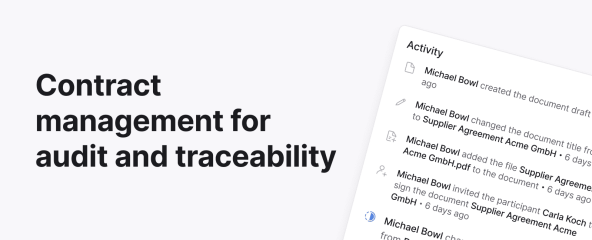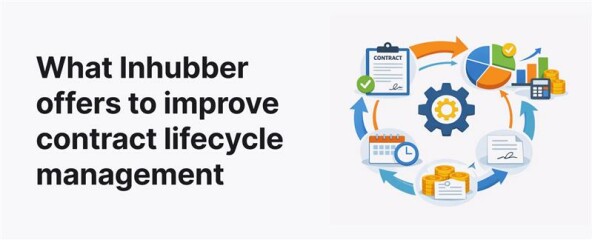
The main changes in the Heating Costs Ordinance 2021
The revised Heating Costs Ordinance (Heizkostenverordnung, HeizKV) came into force on December 1, 2021, implementing the EU Energy Efficiency Directive into German law. That’s why maintaining an accurate tenant list is now more important than ever.
Remote-readable meters and heat cost allocators
Newly installed meters and heat cost allocators must be remotely readable after the ordinance takes effect — as required by the updated EU Energy Efficiency Directive. Devices already in use must be retrofitted or replaced with remote-readable models by January 1, 2027.
Building owners must also provide tenants with billing or consumption information at least twice a year if remotely readable meters are installed. Starting January 1, 2022, these updates must be provided monthly during the heating season.
The German Federal Environment Agency’s guide for metering service providers, the housing industry, and consumers defines six mandatory elements for heating cost notifications:
- Development of monthly energy consumption for heating and hot water
- Comparison of the household’s energy use with others in the same building
- Classification of the building’s energy consumption into efficiency categories
- Monthly energy-saving tips for heating and hot water
- Estimated monthly and annual costs for heating and hot water
- CO₂ emissions from heating and hot water use
Devices and systems must be interoperable
When retrofitting existing systems, devices must be interoperable with other providers’ systems — just like newly installed meters. This ensures that different vendors can exchange data and information seamlessly. Interoperability is mandatory for devices installed at least one year after the new ordinance takes effect.
Delivering reports to tenants
Reports for tenants should be concise — ideally a single DIN A4 page, enriched with icons, charts, practical tips, and links for more information. The goal is to make data easy to understand and transparent. Reports can be distributed by post or electronically via web portals or apps.
Technical standards developed by the BSI
The Federal Office for Information Security (BSI) is responsible for defining technical requirements to ensure interoperability, data protection, and cybersecurity. It also issues certificates confirming compliance with these standards.
Checkpoints and resources
Know your tenants – the importance of the tenant list
Property managers often oversee thousands of tenants. To ensure that each tenant receives accurate and secure heating cost information, it’s essential to maintain a precise tenant list. Key questions include:
- How many apartments are in the property?
- Which apartments are currently vacant?
- Which tenant lives in which apartment?
Accurate answers ensure that heating cost information reaches the correct recipient.
Why you always need an up-to-date tenant list
An up-to-date tenant list is best maintained using digital tools rather than spreadsheets, which are time-consuming and prone to error.
With Inhubber, you can not only manage and sign contracts digitally but also analyze contract data automatically using AI. Once you upload rental agreements to the platform, Inhubber generates metadata and a tenant list with a single click. Learn more in our blog post: Why a tenant list matters.
Fast and easy information sharing
Heating cost information can be shared electronically via a secure web portal. With Inhubber, you can send each tenant their heating cost details safely and efficiently. On the Inhubber platform, each tenant only has access to their own information, ensuring full data privacy.
Security is paramount
All data on the Inhubber platform is protected by blockchain-based encryption. Users can enable or disable two-factor authentication for login. Even if servers were attacked, hackers would only see encrypted data — meaningless strings of letters and numbers. Because blockchain stores multiple copies, documents cannot be permanently lost, stolen, or encrypted by ransomware.
With Inhubber, your data — and your tenants’ data — remain secure, private, and tamper-proof.
Heating Costs Ordinance and Tenant List – powered by Inhubber. A perfect combination for secure, compliant, and digital property management





